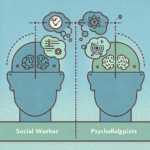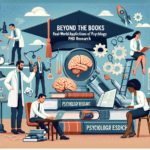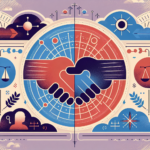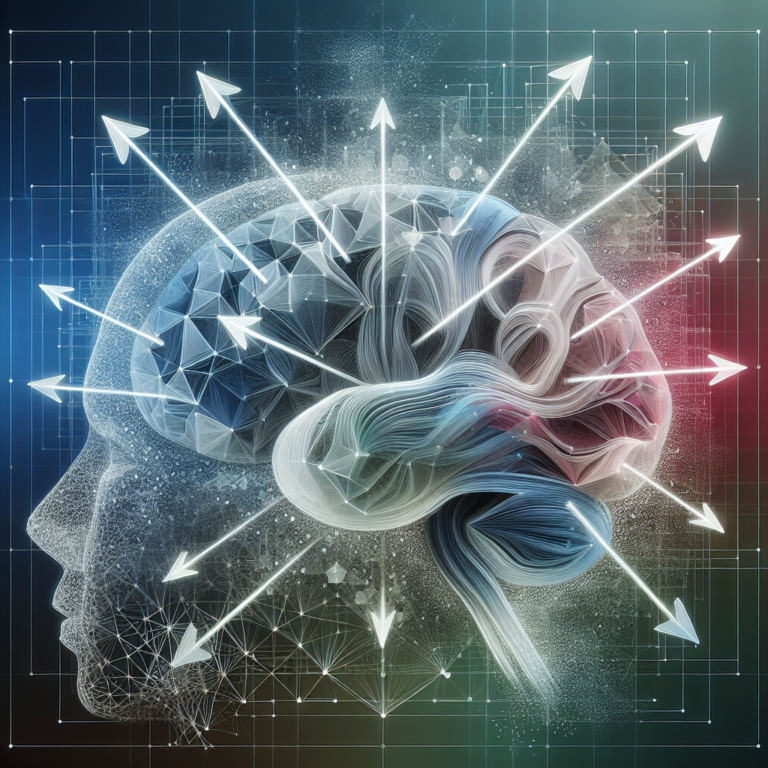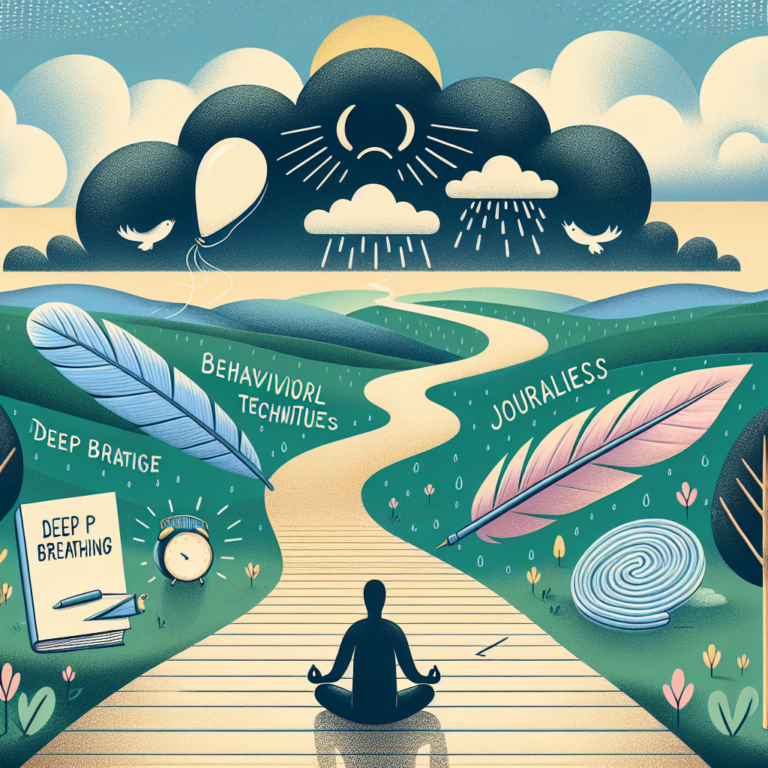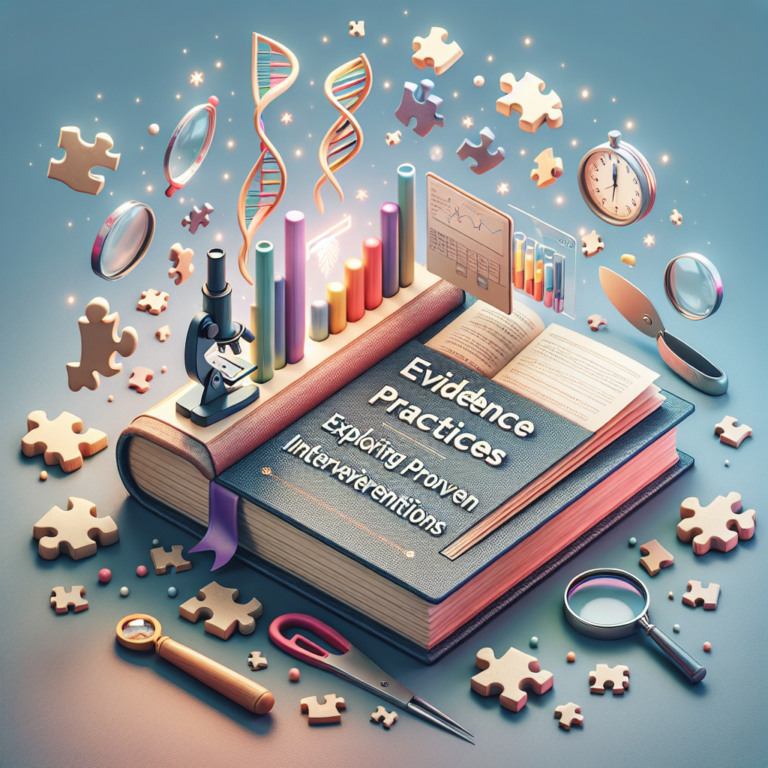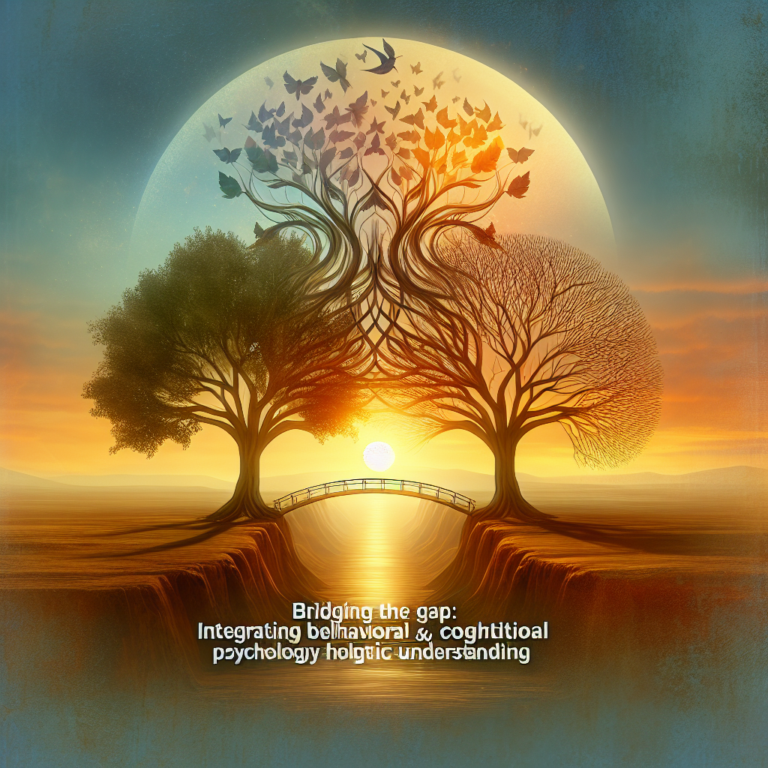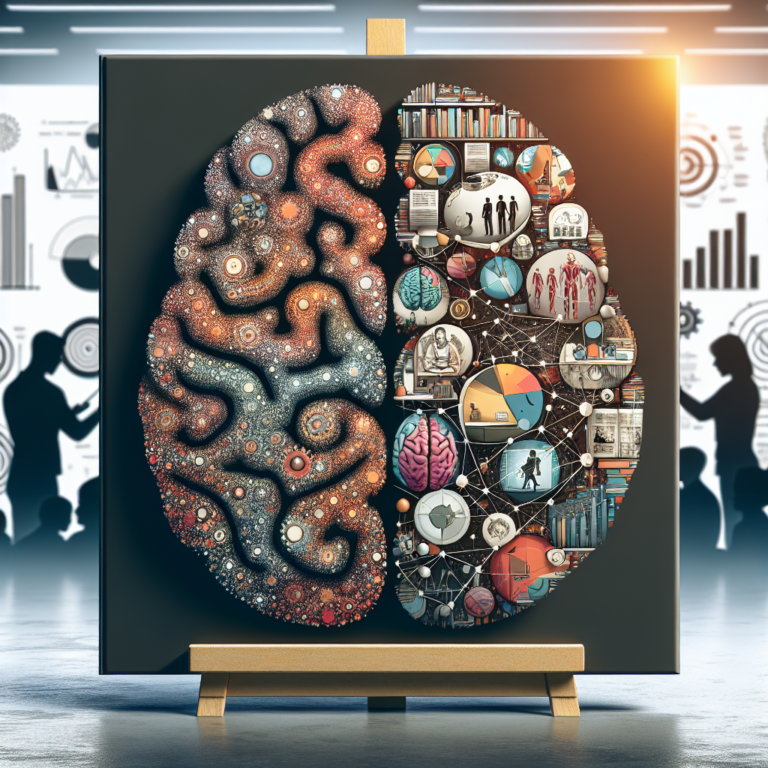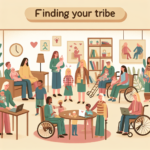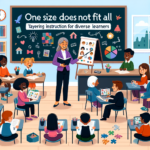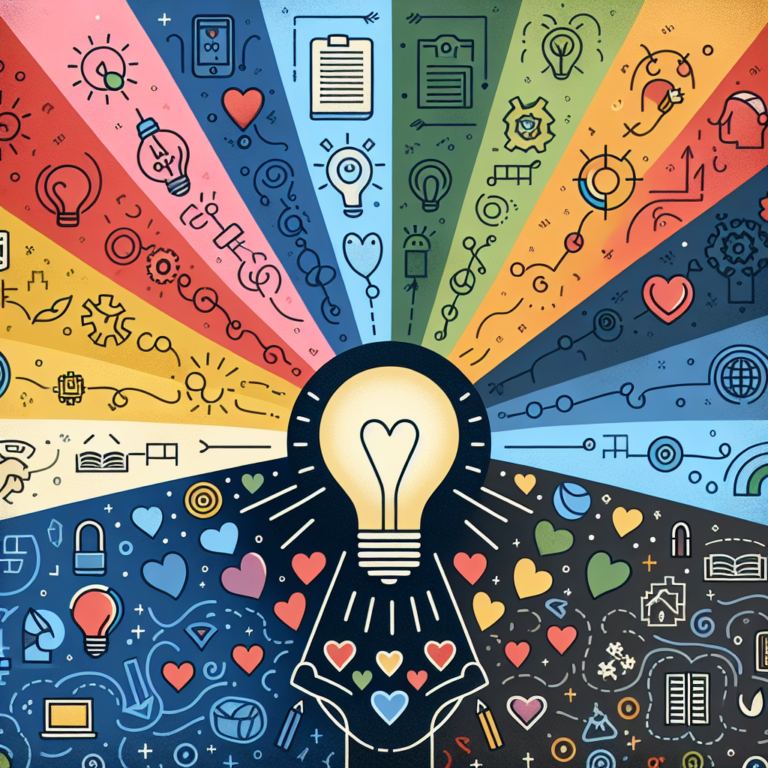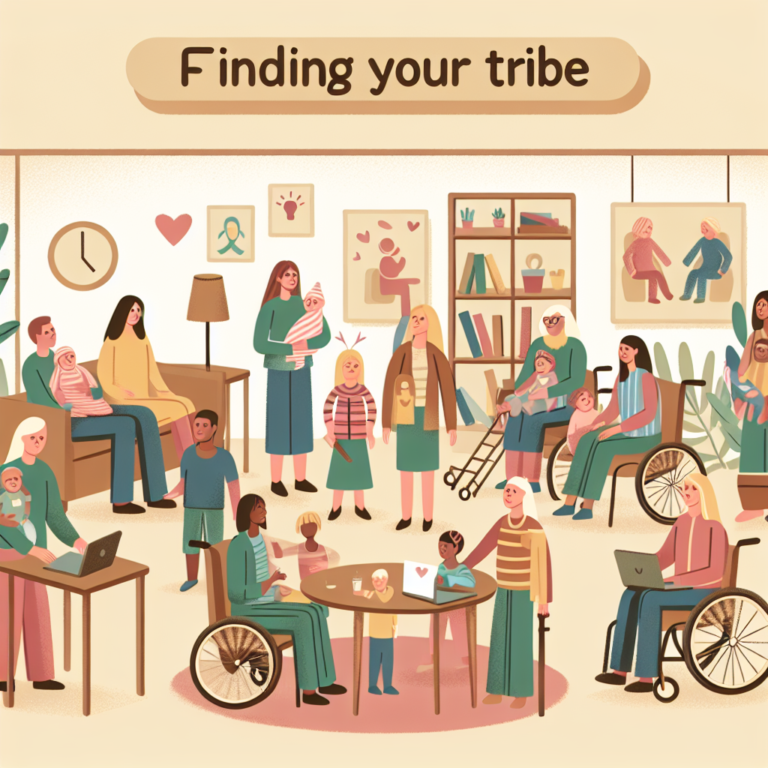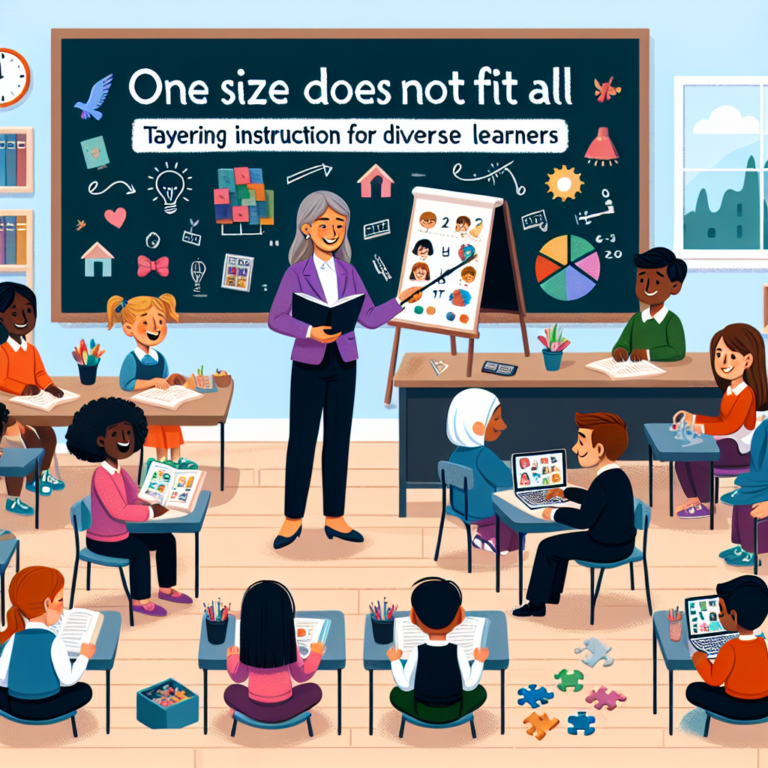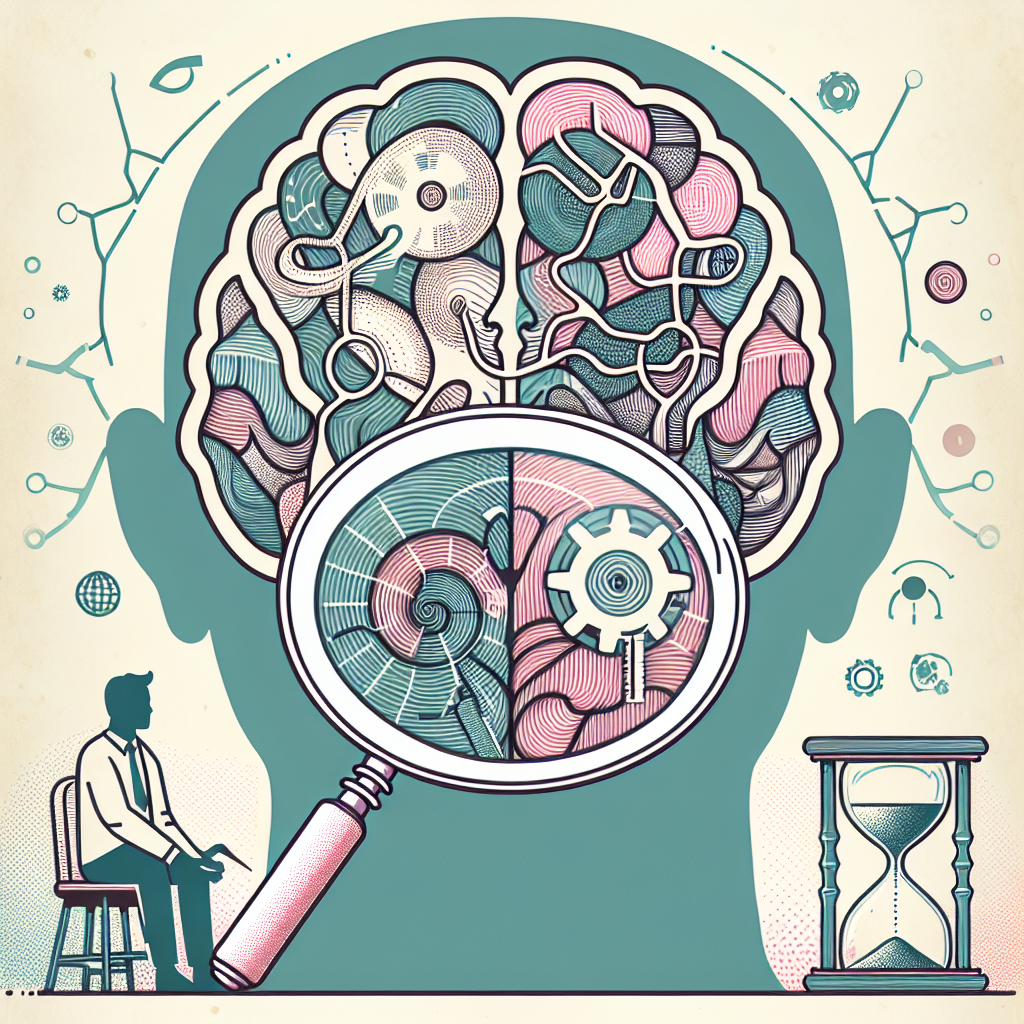
The Mind’s Underbelly: Unveiling New Insights from Behavioral Psychology Research
Introduction
In an era where understanding human behavior is more crucial than ever, the exploration of the mind’s hidden mechanisms—its underbelly—offers transformative insights. The Mind’s Underbelly: New Insights from Behavioral Psychology Research reveals not only the complexities and intricacies of our thoughts and actions but also how they shape our interactions and decision-making processes.
Imagine unlocking the keys to motivation, stress management, and interpersonal skills right from the depths of your psyche! With behavioral psychology, we can explore these often overlooked areas, enabling us to live more fulfilling, purposeful lives.
This article aims to dive deep into the realm of behavioral psychology, illuminating how new research is reshaping our understanding and application of these concepts in everyday life.
The Foundations of Behavioral Psychology
What is Behavioral Psychology?
Behavioral psychology, also known as behaviorism, focuses on observable actions rather than internal thoughts. It posits that our environment shapes our behaviors, leading to measurable outcomes. Through studies and experiments, psychological theorists like B.F. Skinner and John Watson laid the groundwork for understanding how habits form and how they can be altered.
Key Concepts:
- Conditioning: The process through which behaviors are learned.
- Reinforcement: Strategies to increase desired behaviors through rewards.
- Punishment: Methods aimed at decreasing undesirable behaviors.
Table 1: Key Theorists and Their Contributions
| Theorist | Contribution | Key Concepts |
|---|---|---|
| B.F. Skinner | Operant Conditioning | Reinforcement, Punishment |
| John Watson | Behaviorism | Conditioning |
| Albert Bandura | Social Learning Theory | Observational Learning |
Understanding the Mind’s Underbelly
Exploring Hidden Drivers of Behavior
Behavior often operates beneath the surface, driven by unconscious motivations and environmental cues. The Mind’s Underbelly: New Insights from Behavioral Psychology Research explores these unseen factors, revealing that many of our daily choices stem from implicit biases and emotions that we may not immediately recognize.
Implicit Biases: These are the unconscious attitudes and stereotypes that affect our understanding and actions. For instance, a person may unintentionally favor candidates from a particular demographic during hiring decisions.
- Emotional Triggers: Specific situations or events can evoke strong emotional responses, leading to reactions that may not align with rational thought. Identifying these triggers enables us to develop coping mechanisms.
Case Study: The Implicit Association Test (IAT)
A landmark study by Anthony Greenwald and his colleagues introduced the Implicit Association Test (IAT), which measures the strength of associations between concepts. This test has unveiled how ingrained biases influence behavior, affecting everything from consumer choices to interpersonal relationships. For example, individuals may show a preference for products endorsed by people who match their implicit biases.
Analysis of the Case Study
The IAT demonstrates the mind’s underbelly by highlighting how behaviors are influenced by subconscious biases. Organizations can leverage this understanding to create more inclusive workplaces and better marketing strategies.
New Insights from Research
Behavioral Economics: The Intersection of Psychology and Economics
One fascinating area within behavioral psychology is behavioral economics, which examines how psychological factors influence financial decision-making. Concepts such as loss aversion—the idea that losses weigh heavier than gains—have profound implications on consumer behavior.
Chart 1: Loss Aversion in Consumer Behavior
| Scenario | Gain Potential | Loss Potential | Behavioral Response |
|---|---|---|---|
| Investing in Stocks | +$1000 | -$1000 | Risk-averse |
| Purchasing a Warranty | -$200 | +$400 | Risk-seeking |
The Power of Habits
Understanding the formation of habits through The Mind’s Underbelly: New Insights from Behavioral Psychology Research reveals that habits can be modified through a cycle of cue, routine, and reward suggested by Charles Duhigg.
The Habit Loop
- Cue: A trigger that initiates the behavior.
- Routine: The behavior itself.
- Reward: The benefit obtained from the behavior.
Case Study: The Habit Formation in Diabetes Management
Research conducted by the American Diabetes Association demonstrated how patients who followed a structured habit loop could improve their glucose levels. By identifying cues (like meal times), establishing consistent routines (exercise), and rewarding themselves (through small treats), patients achieved better health outcomes.
Analysis of the Case Study
This case highlights how implementing behavioral strategies can foster healthier habits, potentially leading to a significant reduction in chronic disease management costs.
Real-World Applications
Enhancing Workplace Productivity
Businesses are turning towards behavioral psychology to improve employee satisfaction and efficiency. Techniques such as nudge theory—small changes in context that significantly alter behavior—are being employed to boost workplace productivity.
Case Study: Nudge Theory at the Workplace
A large corporation integrated choice architecture in their cafeteria, such as placing healthier food options at eye level. This small change led to a 25% increase in the consumption of nutritious items.
Analysis of the Case Study
This practical example shows how minor adjustments in environment can lead to substantial behavioral changes, improving health and productivity simultaneously.
The Transformative Power of Self-Awareness
Embracing Mindfulness
Increasing self-awareness through practices like mindfulness helps individuals recognize their behaviors and the motivations behind them. Research indicates that mindfulness can mitigate stress, enhance focus, and promote emotional regulation.
Case Study: Mindfulness in Education
A study on mindfulness programs in schools found notable improvements in students’ emotional regulation and academic performance. By providing students with coping skills, educators saw a marked decrease in behavioral issues.
Analysis of the Case Study
By incorporating mindfulness practices, schools help students navigate the complex emotional landscape, promoting better behavioral outcomes and academic success.
Conclusion
The exploration of The Mind’s Underbelly: New Insights from Behavioral Psychology Research opens a new chapter in our understanding of human behavior. From recognizing the hidden drivers of our actions to applying behavioral insights in various sectors, the potential for improvement is limitless.
As we harness these insights, we can foster healthier habits, improve relationships, and enhance creativity. The mind holds the keys to our life decisions, and by understanding its underbelly, we can unlock transformative possibilities.
Actionable Insights
- Practice Mindfulness: Incorporate mindfulness exercises into your daily routine to improve self-awareness.
- Identify Implicit Biases: Utilize tools like the IAT to uncover and address unconscious biases in yourself and your organization.
- Leverage Habit Loops: Apply the habit formation model to build healthier habits that last.
FAQs
1. What is behavioral psychology?
Behavioral psychology focuses on understanding human behavior through observable actions rather than internal thoughts, emphasizing the influence of the environment.
2. How can I apply behavioral psychology to my daily life?
Start by recognizing your habits and identifying the cues that trigger them. Establish positive routines and rewards to help reinforce desirable behaviors.
3. What is nudge theory?
Nudge theory suggests that small changes in context can significantly influence decisions and behaviors, promoting better outcomes without restricting choices.
4. Can mindfulness really change my behavior?
Yes! Mindfulness promotes self-awareness and emotional regulation, allowing individuals to pinpoint their triggers and make conscious choices.
5. How does understanding implicit biases help in the workplace?
Recognizing implicit biases can lead to more equitable hiring practices and a more inclusive workplace, enhancing overall morale and productivity.
By delving into The Mind’s Underbelly: New Insights from Behavioral Psychology Research, we can harness the power of our psychology to create lasting positive change in our lives and communities. Embrace these insights and watch as they transform your understanding of yourself and others.
